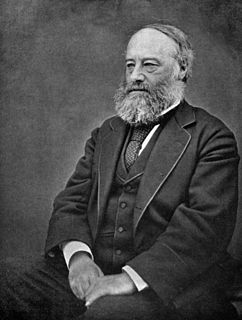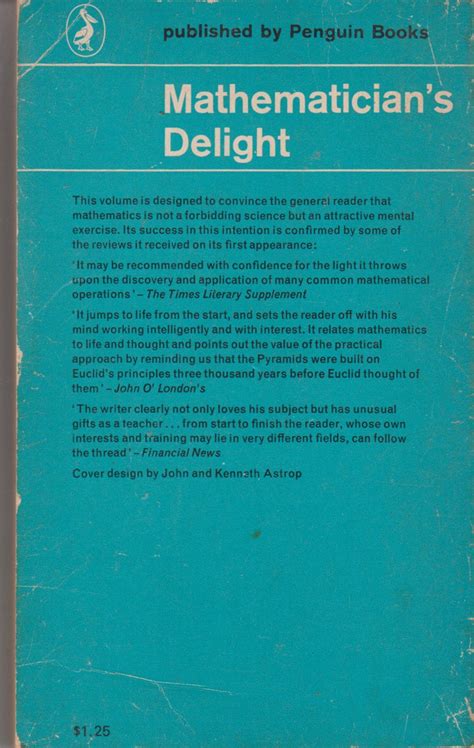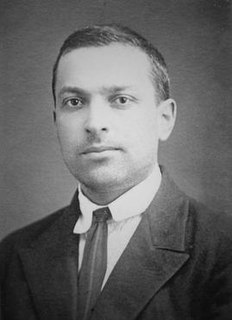A Quote by James Prescott Joule
My object has been, first to discover correct principles and then to suggest their practical development.
Quote Topics
Related Quotes
It will not do merely to listen to great principles. You must apply them in the practical field, turn them into constant practice. What will be the good of cramming the high - sounding dicta of the scriptures? You have first to grasp the teachings of the Shastras, and then to work them out in practical life. Do you understand? This is called practical religion.
There are certain basic principles regarding the proper role of government. If principles are correct, then they can be applied to any specific proposal with confidence... The true statesman values principle above popularity, and works to create popularity for those political principles which are wise and just.
Most remarks made by children consist of correct ideas very badly expressed. A good teacher will be very wary of saying 'No, that's wrong.' Rather, he will try to discover the correct idea behind the inadequate expression. This is one of the most important principles in the whole of the art of teaching.
Principles always have natural consequences attached to them. There are positive consequences when we live in harmony with the principles. There are negative consequences when we ignore them. But because these principles apply to everyone, whether or not they are aware, this limitation is universal. And the more we know of correct principles, the greater is our personal freedom to act wisely.
Long intervals frequently elapse between the discovery of new principles in science and their practical application... Those intellectual qualifications, which give birth to new principles or to new methods, are of quite a different order from those which are necessary for their practical application.
Our object now, as then, is to vindicate the principles of peace and justice in the life of the world as against selfish and autocratic power, and to set up among the really free and self-governed peoples of the world such a concert of purpose and of action as will henceforth insure the observance of those principles.
There is an old belief that solving environmental problems can only be achieved by first building enough economic wealth so we can 'afford to save the environment.' This 'Kuznets Curve' thinking has never been correct and must be abandoned once and for all if we are serious about economic development for a thriving humanity on Earth.
The machines that are first invented to perform any particular movement are always the most complex, and succeeding artists generally discover that, with fewer wheels, with fewer principles of motion, than had originally been employed, the same effects may be more easily produced. The first systems, in the same manner, are always the most complex.




































